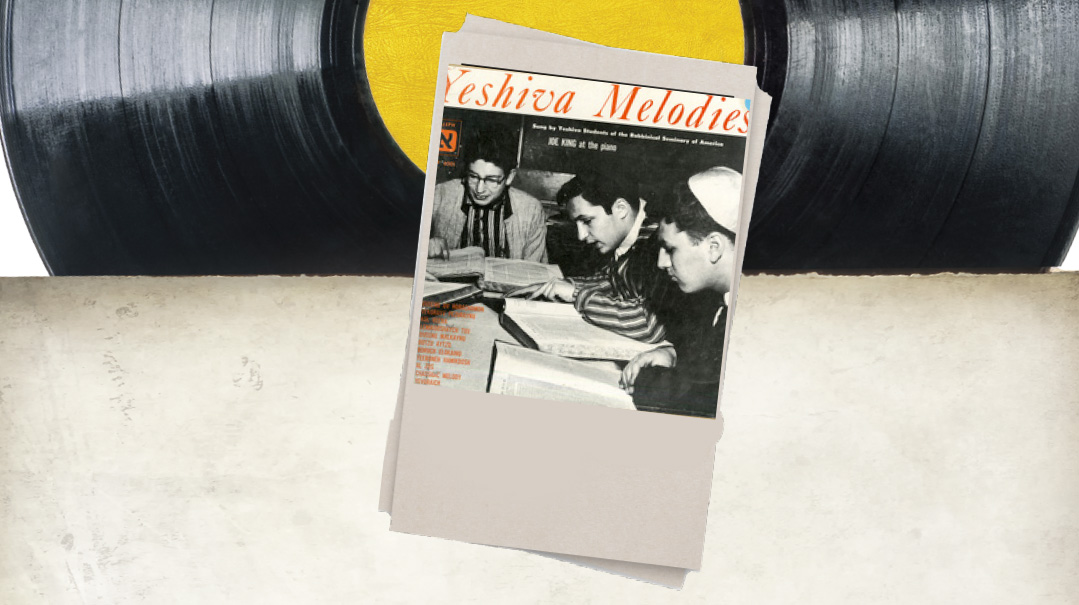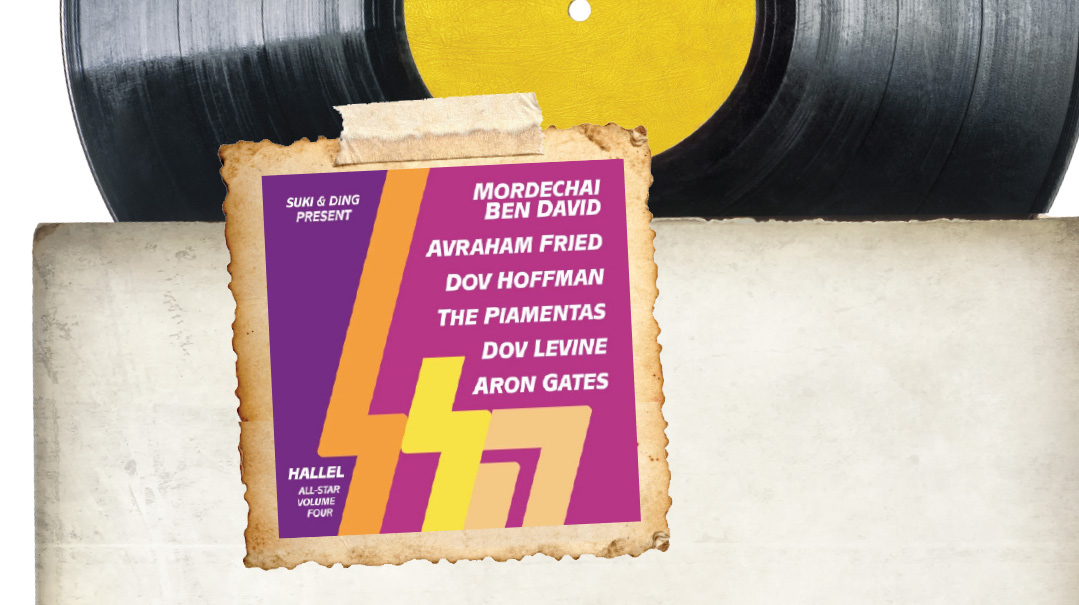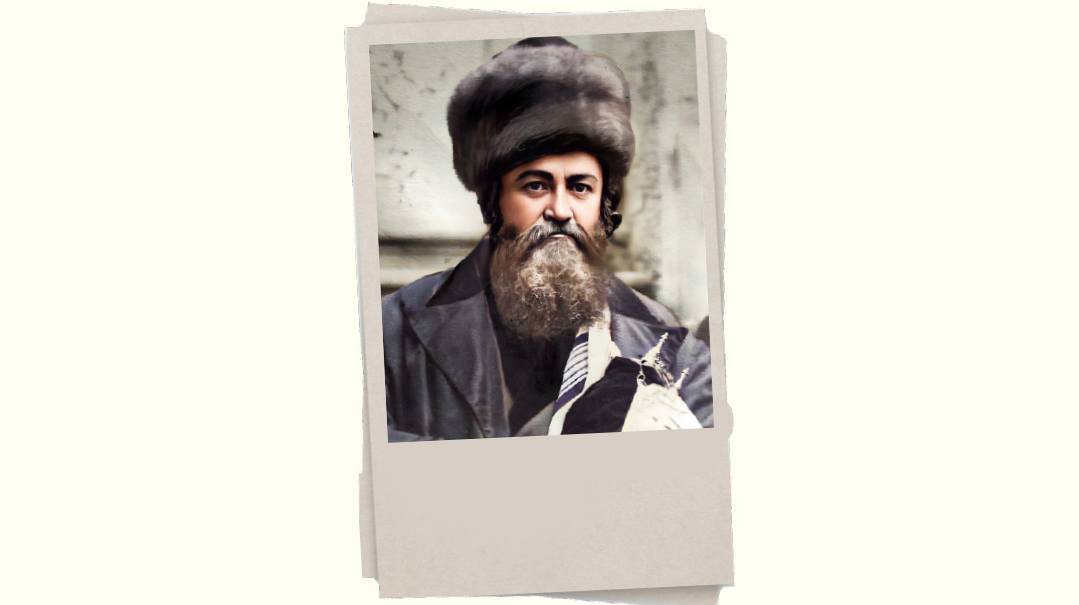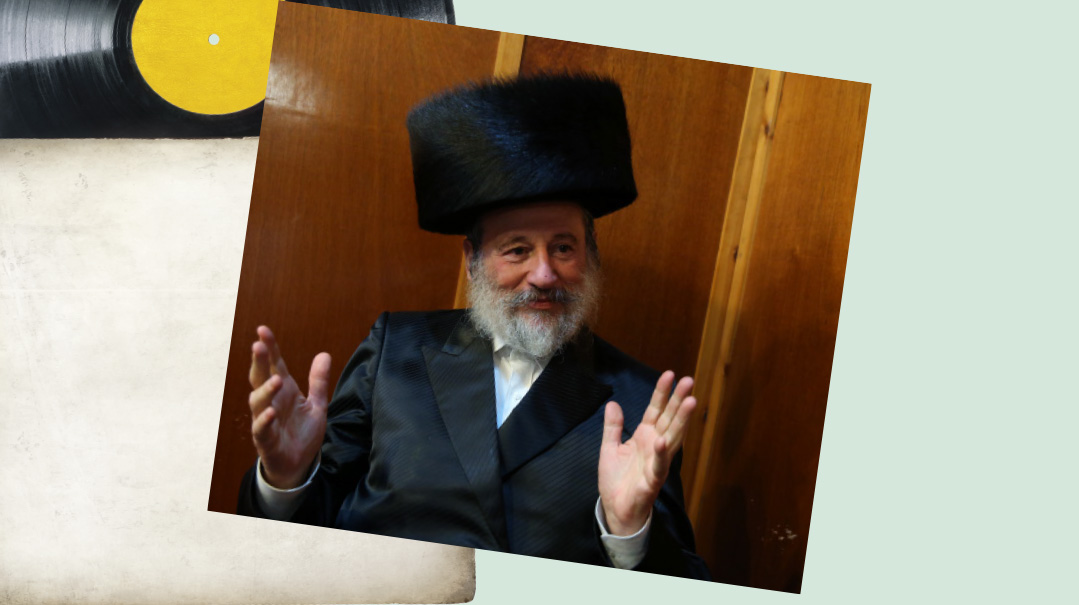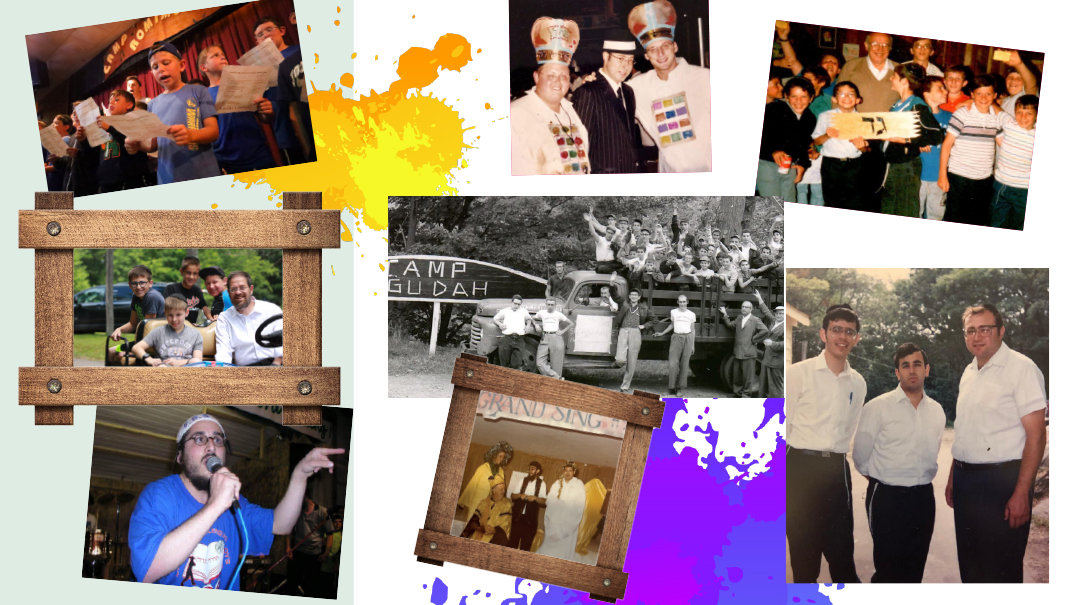Just One Shabbos (And We’ll All Be Free!)

Some of my favorite songs are the English-language ones that have made it onto the Jewish albums over the last few decades. These songs often have messages that speak right to our souls. This English song genre actually began about 50 years ago with color war songs from different camps. They were all Jewish tunes to which counselors wrote original lyrics: theme songs, marching songs, and alma maters — most of them had the same message and a lot of the same rhymes. I used to count how many times you could rhyme tears with fears, cry with why, and bimheirah beyameinu with Mashiach Tzidkeinu.
The first albums to collect these camp songs were the JEP records. The concept came from my brother, Rabbi Yosef C. Golding and his good friend Moshe Hauben (of “Yom Zeh Mechubad” fame). These albums became popular and the proceeds from sales went to scholarships for children from nonreligious families to be able to attend yeshivah.
After that came what I call the “Mashiach Era.” These were original tunes with English lyrics composed specifically for a Hebrew album. It began with songs like MBD’s “Hineini” (from his first album Hineini, 1974), Yossi Toiv’s “Oh the World…Hashem Echad Ushemo Echad” (from Ohr Chodosh) and Avraham Fried’s “No Jew Will Be Left Behind.” I always wondered — what are people going to write about when Mashiach comes?
Soon Abie Rotenberg entered the scene, introducing us to the idea of singing a story with a message. Songs like “Joe DiMaggio’s Card,” “The Ninth Man,” “The Atheists’ Convention,” or “The Place Where I Belong” — they’d either make you cry, smile, or both.
Once of the English songs with the most staying power decades later is MBD’s “Just One Shabbos,” MBD’s then-unknown contribution to the worldwide Shabbos Project. On one of our trips to Eretz Yisrael in the early ’80s, MBD and I would be amazed by Rabbi Meir Schuster ztz”l. Every Friday night, he would place at least dozens, and up to hundreds, of young Jews who had never experienced a true Shabbos meal with a family in a warm, frum environment. During that trip, we were working on a Shabbos album, and it didn’t take MBD long to write the lyrics and the tune to this amazing hit song (“Western Wall on Friday night / His first time ever there / Strapped into his knapsack / With his long and curly hair…”).
And now for the story: My good friend Stanley Felsinger was the owner of Camp Monroe, a camp for Jewish children from nonreligious backgrounds. Soon after Stanley opened the camp, he himself became Torah-observant, which led him to make the entire camp kosher. He then took it a step further and approached Rav Aaron Schechter of Yeshiva Chaim Berlin and asked him for a suggestion on how to deal with Shabbos in camp. The Rosh Yeshivah suggested that Stanley try to get the children to experience some part of Shabbos, so Stanley came up with an idea of forming a volunteer Shabbos Club. But how would he attract the children to join this club? Then an idea hit him. Every Friday, he would play the song “Just One Shabbos” over the camp loudspeakers.
It didn’t take long before the entire camp learned the song and started signing up for the club. When Stanley repeated this story to me, I passed it along to MBD. It blew MBD’s mind that hundreds of children were singing his song, and they weren’t even religious! That was all the information he needed to hear. Several hours later, we drove up to Camp Monroe with a few musicians — I remember that Yossi Piamenta a”h was one of them. Mordechai did a free concert for the entire camp, and the place was really rocking to the music. What a memorable night that was — it taught me never to underestimate the power of a popular song when it comes to igniting the spark in a Jewish neshamah
(Originally featured in Mishpacha, Issue 732)
Oops! We could not locate your form.







